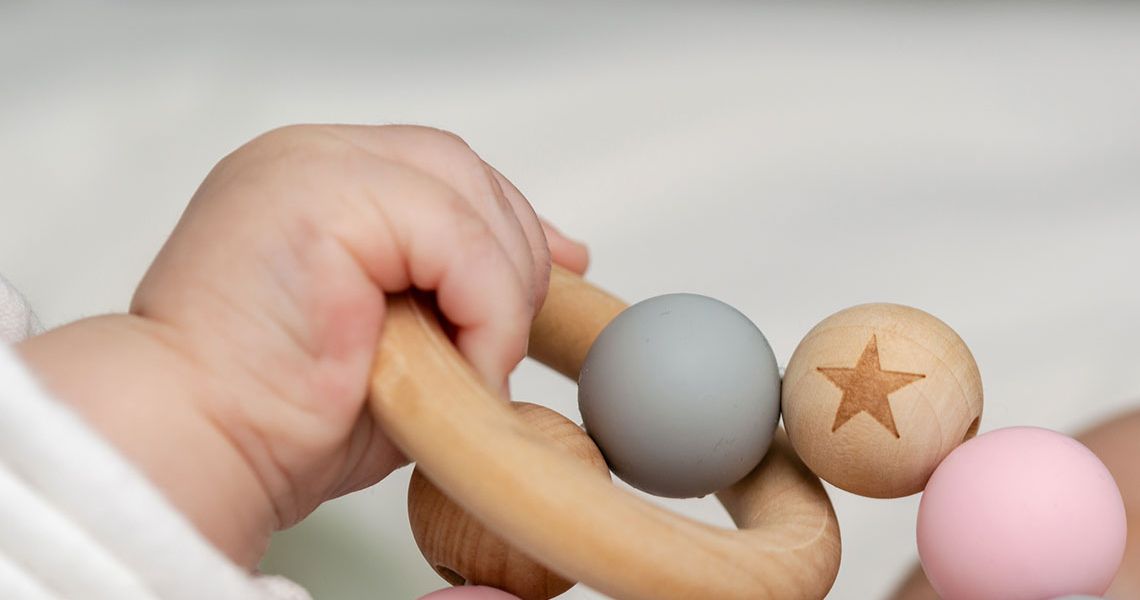The Foggy Bottom Campus of the George Washington University (GW) is much quieter than usual. The crowds of students swarming its sidewalks are missing. Classes are being held online and clinical rotations have been canceled. Despite the different world we live in today, one thing hasn’t changed: the passion, creativity, and willingness to help others that drives students at the GW School of Medicine and Health Sciences.
“It’s a cliché, but it’s the answer every medical student gives in interviews when asked why they want to be a doctor: we want to help people,” said Daniel Bestourous, a third-year MD student. “It is a privilege to be able to call ourselves future doctors, but that doesn’t mean we have to wait for the future to serve our community when it needs us now.”
The students may not, right now, be able to help patients and use their burgeoning medical knowledge to make a direct impact in a health care setting, but they are finding unique ways to help the workers on the front lines of this battle.
One initiative involving medical students throughout the District of Columbia is DC COVID Sitters, a group dedicated to matching health care workers with students who can help provide childcare and other services, such as pet sitting and grocery delivery.
“A group of us at GW originally connected after students were pulled from their clinical duties due to COVID-19,” explained fourth-year SMHS MD student Wesley Ng. “We had heard that there was a need for childcare for health care providers since so many schools and childcare facilities were closing. We connected with different groups of medical students: Healthcare Workers Childcare Co-op and MN CovidSitters, who helped give us valuable information and advice to get us started. We then found out that other medical students at Georgetown and Howard were also trying to do similar things, so we all linked up and started working together.”
Currently, according to Kime McClintock, third-year MD student, about 13 families have been matched with student helpers from GW, Howard University, and Georgetown University. The health care workers range from nurses to residents to attending physicians; more than 150 students have signed up to be sitters.
Adam Munday, a second-year MD student at SMHS, added that while students are still studying and taking online courses, many have added downtime available that they want to spend supporting others as best as they can in these trying times.
“I am incredibly proud of our teachers and mentors who are working on the ‘front lines,’ ” he said. “It’s inspiring to see many of our mentors on TV and on social media spreading awareness and urging prudent practices. Participating in DC COVID sitters has given me the opportunity to support our community … and I am grateful for that.”
In addition to DC COVID Sitters, students are finding myriad other ways to help.
Bestourous said students have put together a list of more than a dozen proposals of ways to help across five spheres of medicine: clinical, academic, research, service, and advocacy.
One effort that has been implemented, he said, is the MFA Telemedicine Support initiative, which allows medical students to provide outpatient clinical support to patients remotely, freeing up residents to serve in the hospital.
“Students have also started getting involved in the DC COVID Call Center and the Children’s National Hospital Drive-Through Testing Site, and in putting together the DC COVID Resource guide,” he added. “The incredible thing is that many of these projects were jump-started by students in the first few days of the crisis. It is truly remarkable to see how many of my classmates have felt called to serve during this time.”
Bestourous added that there are many other proposals students would love to get off the ground, should the opportunity present itself. “A few projects that we hope to implement in the future are the Medical Student Targeted Response Force, which aims to follow up with COVID-19 positive patients in the District to ensure they have enough supplies for their self-quarantine, and the Medical Equipment Supply Drive,” he added.
“We came into medical school hoping to help people, in a medical sense. We can't do that at this time, but we now have the luxury of extra time on our hands. So we are excited to contribute to the medical community in a different, but meaningful, way,” Ng said.



